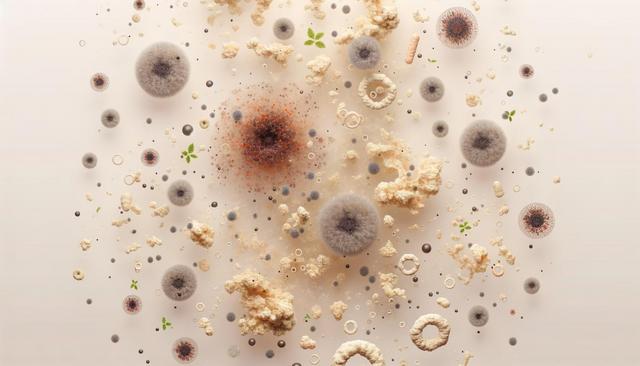Understanding Genital Warts
Genital warts, caused by certain strains of the human papillomavirus (HPV), are a common condition that affects many individuals. These warts appear in the intimate areas and can vary in size and appearance. Recognizing the symptoms of genital warts can be crucial for early detection and treatment. Common signs include small, flesh-colored bumps that may cluster together. Though they are often painless, they can cause discomfort and itchiness. It’s important to address genital warts not only for your comfort but also to prevent spreading the virus to others.
Causes and Prevention
The primary cause of genital warts is the human papillomavirus, which is usually transmitted through intimate skin-to-skin contact. Understanding how to prevent warts in intimate areas can help reduce the risk of infection. Some effective prevention strategies include:
- Using protection during intimate activities to reduce the risk of HPV transmission.
- Getting vaccinated against HPV, which can help prevent certain types of the virus that cause genital warts.
- Maintaining a healthy immune system through a balanced diet and regular exercise.
While these methods can reduce the risk of contracting genital warts, it is also important to have regular check-ups and screenings for sexually transmitted infections.
Natural Remedies for Treating Genital Warts
For those seeking ways to treat genital warts naturally, several safe and effective options are available. These methods focus on boosting your body’s ability to combat the virus and reduce the appearance of warts without harsh chemicals. Some natural treatments include:
- Applying tea tree oil, known for its antiviral properties, to the affected area.
- Using green tea extract, which has been shown to reduce wart size.
- Ensuring adequate intake of vitamin C and zinc to support immune function.
These remedies can be used at home to help manage warts privately, though it’s important to consult with a healthcare professional before starting any new treatment regimen.
Medical Treatments for Genital Warts
In some cases, medical intervention may be necessary to effectively treat genital warts. Various treatment options are available, ranging from topical creams to more advanced procedures. Common medical treatments include:
- Prescription creams that help to reduce warts by slowing the growth of the virus.
- Cryotherapy, a procedure where warts are frozen off with liquid nitrogen.
- Surgical removal for more extensive or persistent warts.
Consulting with a healthcare provider can help determine the most appropriate treatment based on the severity and location of the warts.
Living with and Managing Genital Warts
Living with genital warts can be challenging, but with proper management and care, it is possible to lead a comfortable life. Here are some tips for managing genital warts:
- Follow your healthcare provider’s recommendations for treatment and follow-up care.
- Practice safe intimate activities to prevent the spread of HPV.
- Educate yourself about the condition to better understand how to manage it and prevent future outbreaks.
Support groups and counseling can also be valuable resources for those affected by genital warts, providing emotional support and practical advice.
Conclusion
Dealing with genital warts in sensitive areas requires a combination of preventive measures, natural remedies, and, in some cases, medical treatments. By understanding the causes and symptoms of genital warts and exploring different treatment options, individuals can effectively manage this condition. Remember to consult with a healthcare provider to ensure the best approach for treating warts privately and safely. With the right care and attention, it’s possible to reduce the impact of genital warts on your life and maintain your overall health and well-being.
